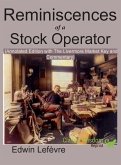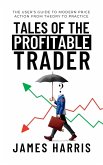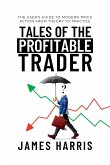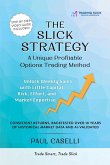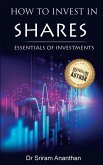Henry Voorce Brandenburg wrote "Profitable stock Exchange Investments" in 1901 in a totally different era in history of the Stock market and finance. The book seeks to highlight the hurdles faced when attempting to earn money via speculation on Wall Street with no adequate money, and just how easier this could be with the proper tools and resources. Brandenburg's work seeks to provide a secure, conservative and very remunerativ investment avenue for surplus funds, without the inherent risk as well as uncertainty of common business. It's essential to recognize the historic background of this particular article by considering the stock market and also the overall financial climate of the late 19th century and early twentieth century. Late 19th as well as Early 20th Century Stock Market: Contemporary Stock Trading: Emergence? Stock trading turned mature during this particular time, with much more regulated stock exchanges. Previously established, the New York stock market (NYSE) was quickly transforming into the world's top Stock Exchange. Industrial Revolution: The late 19th century witnessed rapid industrialisation, particularly in the United States and Europe. Major companies and the very first industrialists with huge influence, including John D. Rockefeller in 1863 and Andrew Carnegie in 1885, developed during this particular time. Market Volatility and Speculation: Market speculation abounds on the stock market throughout this particular time. Market manipulation and insider trading were simpler to commit without the regulations that are in force today. The markets experienced substantial volatility due to this. Regulation is lacking: The stock market wasn't regulated by lots of government. The market regulation which is now performed by the Securities as well as Exchange Commission (SEC) wouldn't be created until 1934 following the 1929 stock market crash.
Hinweis: Dieser Artikel kann nur an eine deutsche Lieferadresse ausgeliefert werden.
Hinweis: Dieser Artikel kann nur an eine deutsche Lieferadresse ausgeliefert werden.


